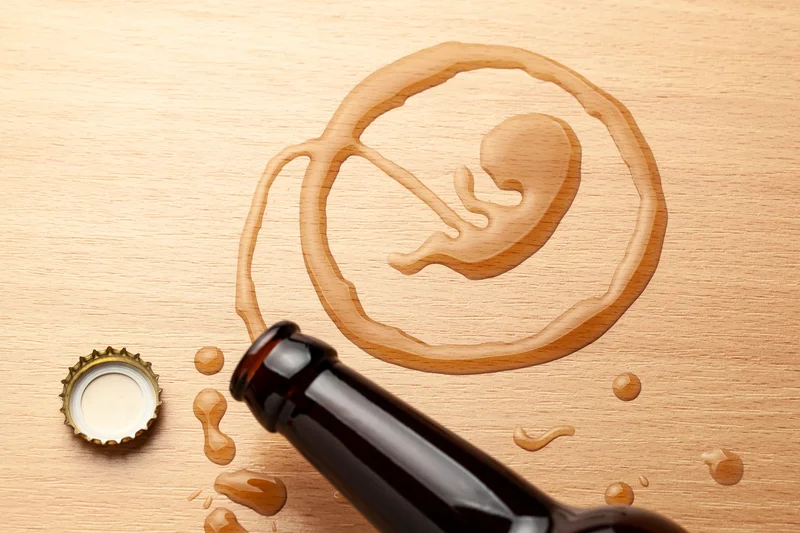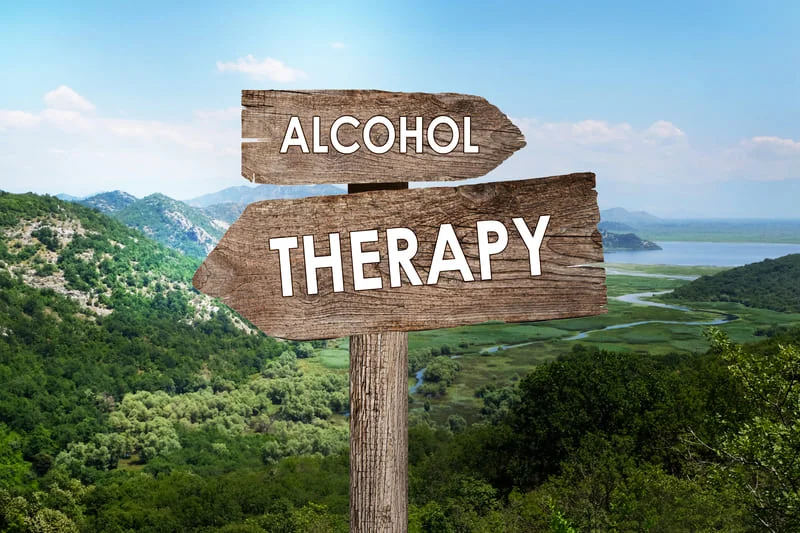
Regular meals should include complex carbohydrates and proteins that help stabilize blood sugar levels. Foods rich in nutrients, such as fruits, vegetables, whole grains, and lean proteins, can prevent blood sugar fluctuations that lead to cravings. Additionally, incorporating snacks that are high in fiber can provide a feeling of fullness and delay sugar cravings. Furthermore, consuming excessive amounts of sugar can have negative effects on physical health. Poor nutrition in recovery can lead to weight gain, low mood, and increased vulnerability to alcohol relapse. Regular alcohol drinkers can develop tolerance to sugar due to their alcohol intake.
The Importance of Professional Help in Managing Sugar Cravings
With moderation and attention to intake, a little sugar can be pleasurable and healthful if taken in the right amounts. The most optimal way is to stick to fruits and other natural sugars like honey, and to generally enjoy other sweets minimally. A separate study done and presented at the 9th ISBRA Congress showed support for an association between sweets and a genetic predisposition for alcoholism and a family history.

The Science Behind Sugar Cravings Post-Alcohol
In some ways, this may seem like a coping mechanism, but in many regards, it can simply be an addiction transfer. Drinking an adequate amount of water throughout the day can help prevent dehydration, which sometimes leads to false hunger cues. Opting for water as the primary beverage choice and limiting the consumption of sugary drinks can further support healthy hydration and reduce the desire for sugar. Recovering alcoholics often experience cravings for sugar due to the way alcohol and sugar interact with the opioid amphetamine addiction treatment and dopamine receptors in the brain. Both alcohol and sugar can activate these receptors, leading to a release of endorphins and a pleasurable sensation 2.
- Techniques such as pausing to reflect on one’s cravings, savoring the flavors involved in each meal, and practicing portion control can empower people to make more conscious choices.
- Here’s a compilation of strategies that can help you navigate through the sugar cravings.
- Sugar provides a temporary sense of comfort and pleasure, similar to the effects of alcohol.
How Can Routine in Recovery Help You or Your Loved One?

Explore who is most at risk for substance abuse and addiction, from genetics to environmental influences. Explore the opioid epidemic and drugs in America — understand addiction and discover paths to recovery. However, it does damage the ends of neurons, causing the aforementioned https://ecosoberhouse.com/article/alcohol-insomnia-causes-and-ways-to-eliminate/ effects.
Does United Healthcare Cover Addiction Treatment in Kansas?

This is not to say that you can never eat candy again, or that it won’t help your cravings in a bind. Support groups, such as Alcoholics Anonymous (AA) or other recovery programs, offer a community of individuals going through similar experiences. Sharing experiences and struggles with others who understand can provide encouragement and helpful insights into managing sugar cravings in recovery. In these groups, do alcoholics crave sugar individuals can learn from the experiences of others and gain valuable strategies for maintaining sobriety while managing sugar intake.

Explore the biological, psychological, and nutritional factors that contribute to this connection. In summary, genetic factors and the dysfunction of the endorphin system play significant roles in alcohol addiction. These factors contribute to the cravings for sugar observed in individuals with AUD, as the brain seeks alternative ways to stimulate its reward system.
Bringing mindful eating into play will not only help you understand when you’re legitimately hungry versus when you’re emotionally eating, but it can also convey a sense of control over your food choices. Having a loved one who is suffering from substance use disorder is an incredibly difficult process to go… Explore if beer can cause gout, understand its impact, and learn how to manage and prevent flare-ups. Explore the difference between disordered eating vs eating disorder, their impacts, and where to seek help. Discover why waiting for treatment is always a mistake; timely care can save lives and improve health outcomes.
